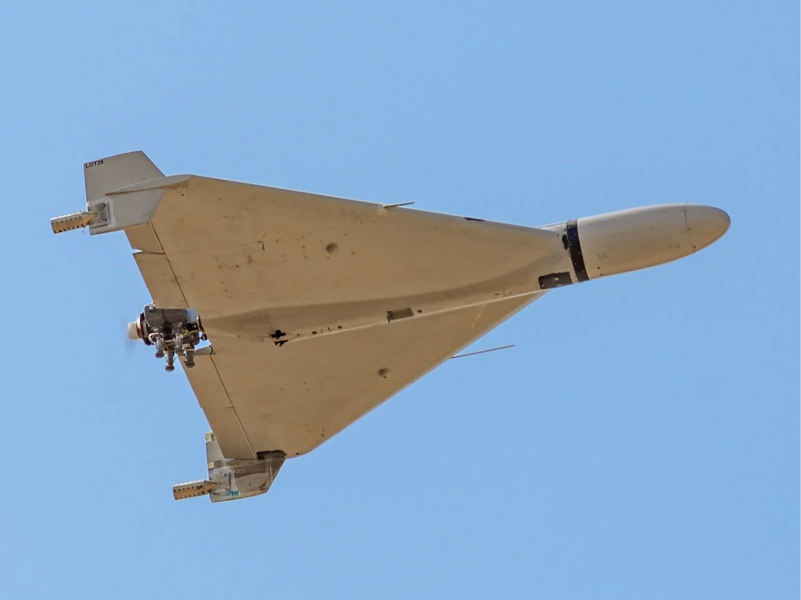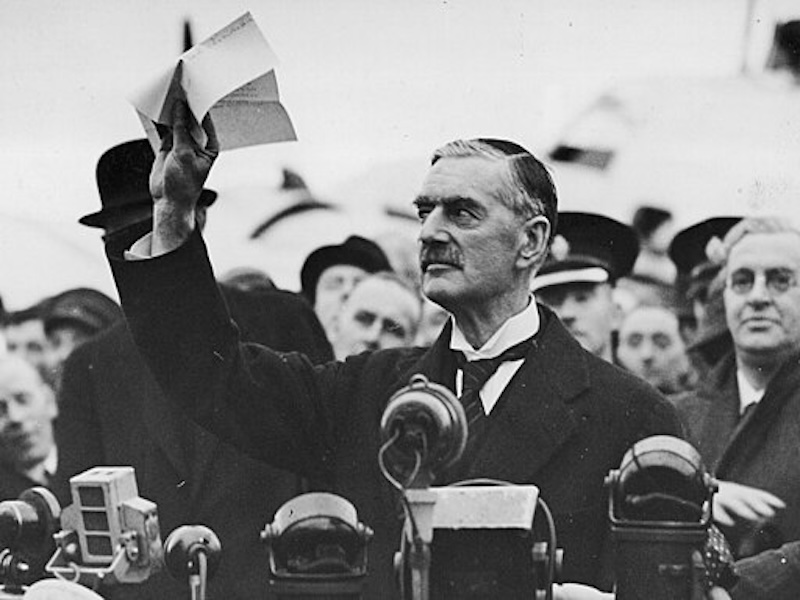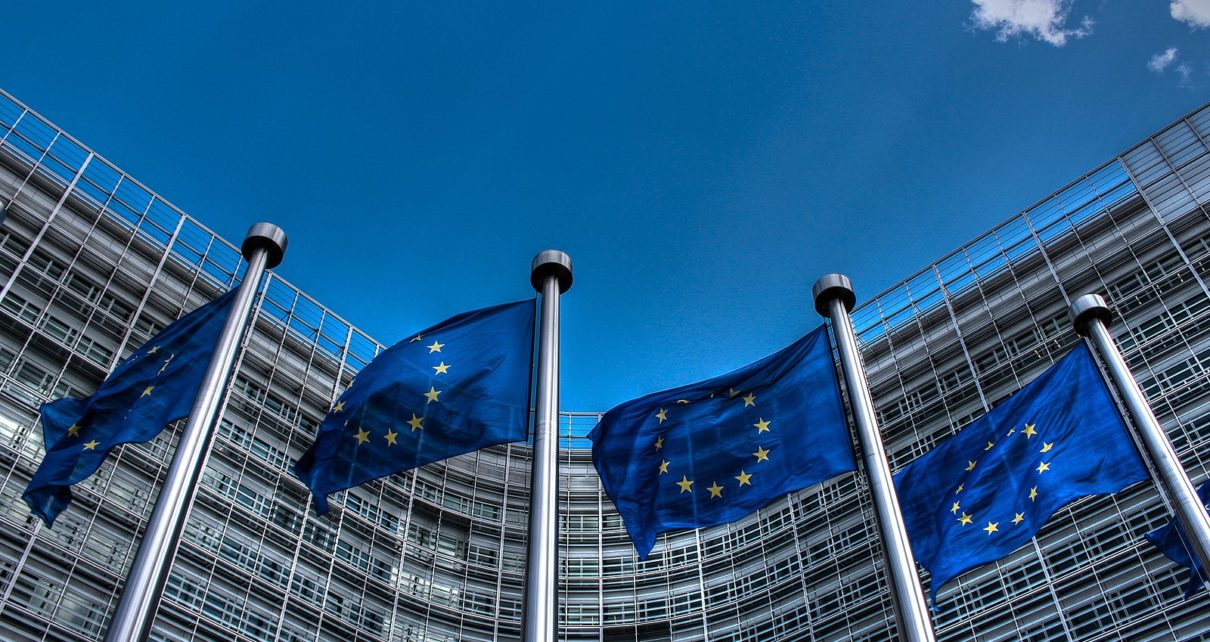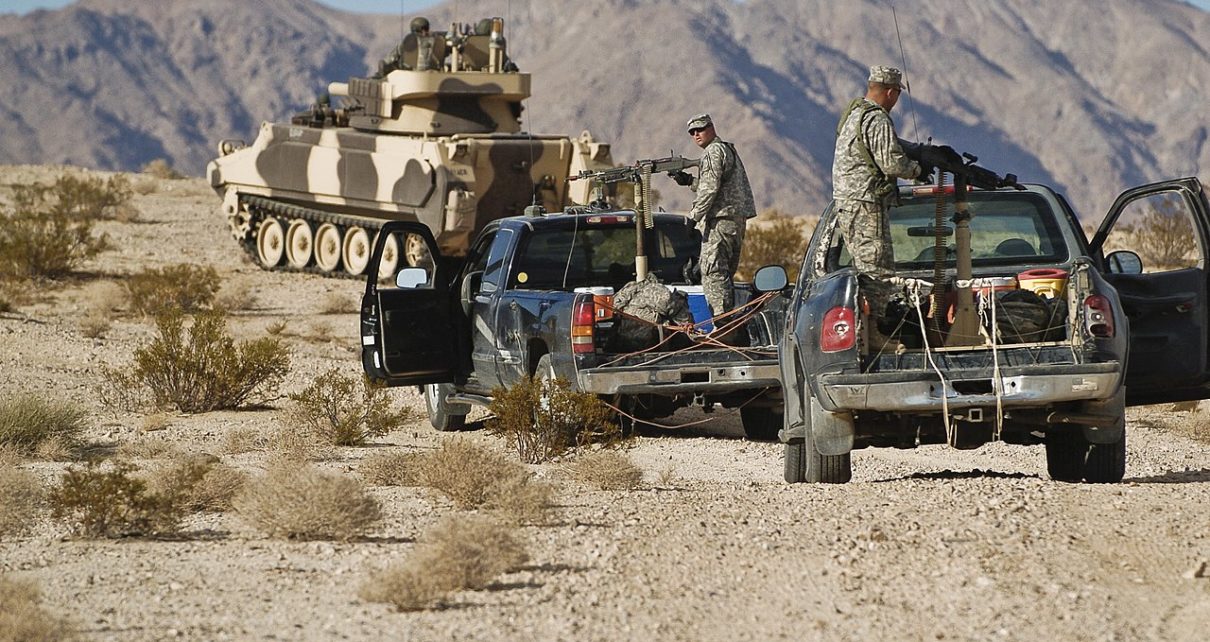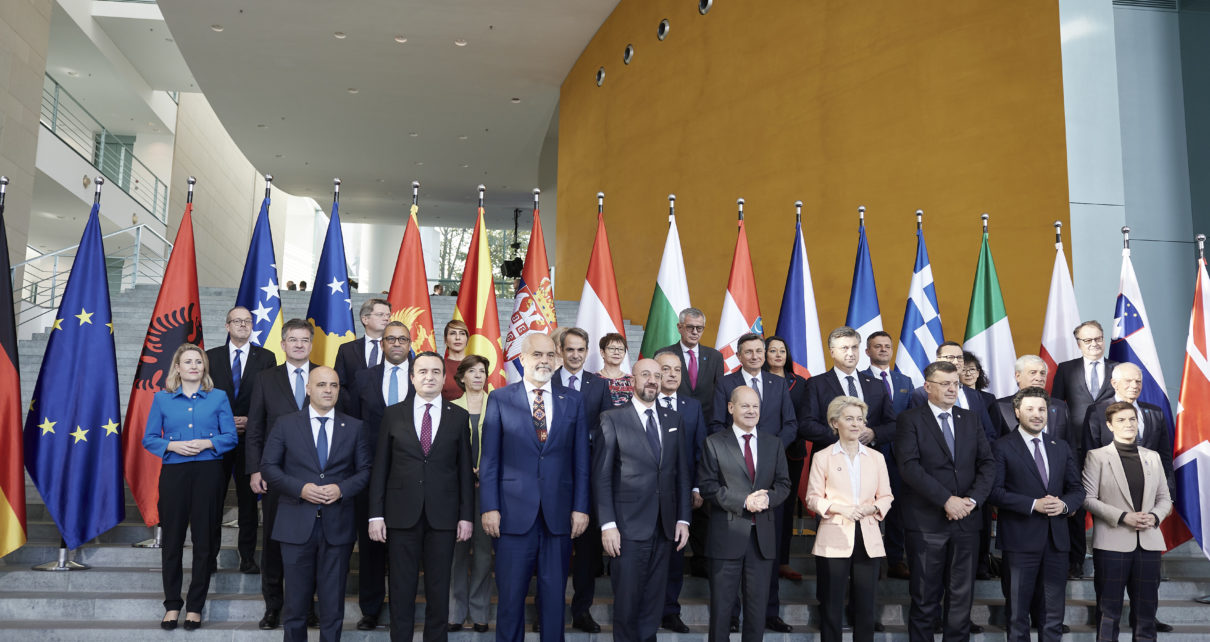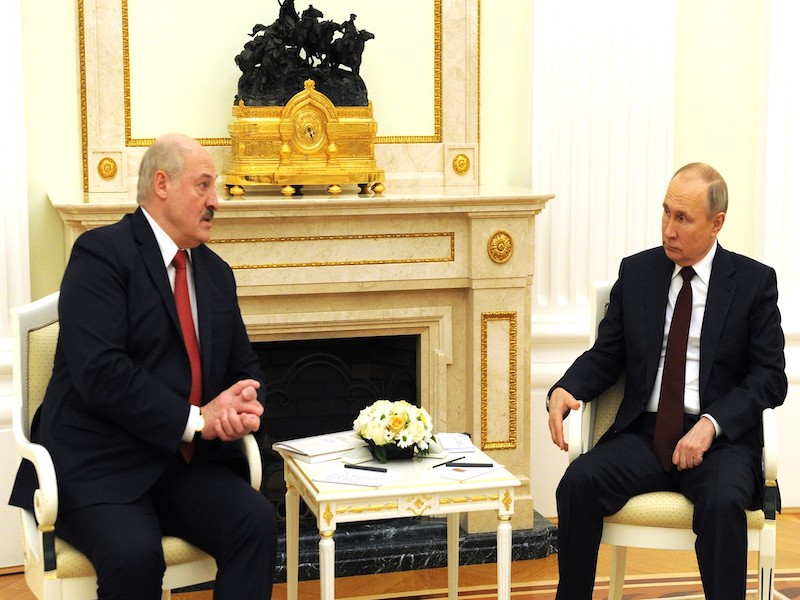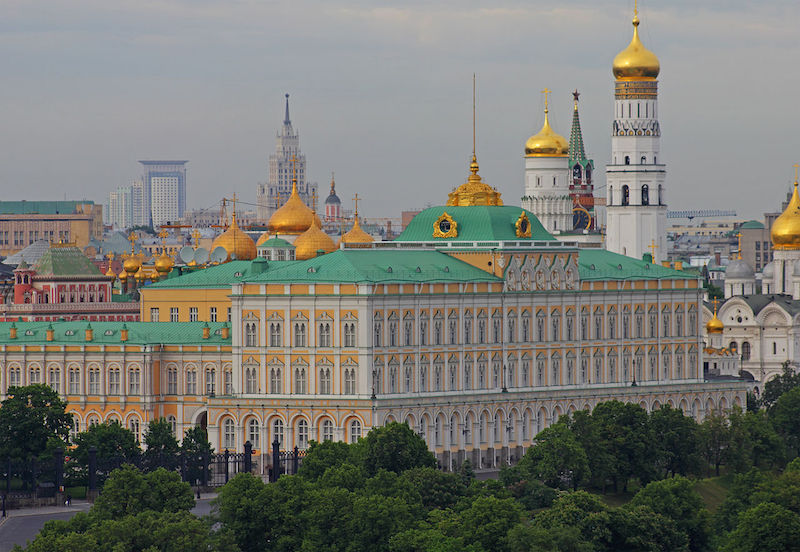In recent months, there has been a growing number of incursions of NATO airspace by Russian drones. These drone incursions constitute an escalation in Russia’s hybrid warfare against Europe, which has for years sought to erode the NATO alliance, disrupt Eastern European states, and most recently interfere with the continent’s support for Ukraine. For Canada, this drastic uptick in grey-zone aggression should not be taken lightly, as it displays Moscow’s willingness to upset European security.
Tag: hybrid warfare
Women in Hybrid Warfare: NATO’s Next Challenge
In this piece, Hermean Japra examines how hybrid warfare, using tools such as disinformation, cyberattacks, and economic pressure, undermines democratic resilience. She analyzes how gendered disinformation and online abuse are used to silence women, limit their participation in public life, and weaken societal resilience. Her analysis outlines practical
strategies NATO can adopt, including improved gender-sensitive threat analysis, support mechanisms for targeted women, and strengthened information resilience systems to counter gender-based hybrid threats.
AI-Powered Mis/Disinformation War
In today’s digital age, mis-and disinformation has become pervasive, fueled by advancements in AI and deep-fake technology, while the centralized nature of social media platforms accelerates its spread, amplifying false narratives to vast audiences with unprecedented speed. NATO recognized this growing threat to democracy during the Washington Summit last summer, emphasizing its critical impact in Read More…
The Verdict of History: An Incomplete Peace Is a Dangerous Proposition
Since the Russian invasion of Ukraine began in 2014, Moscow’s aggression against its neighbour has gone through several significant phases, from the annexation of Crimea, to mounting insurgency in the Donbas, to its full-scale invasion of Ukraine proper in 2022 and a subsequent seesaw of back-and-forth offensives. With the Trump Administration in full swing, the Read More…
Mapping Russian Disinformation Narratives And Their Influence Across Europe In The Face Of The 2024 European Parliament Election
Since Russia’s full-scale invasion of Ukraine, the threat of pro-Kremlin disinformation in Europe has become a matter of increasingly pressing concern. This is particularly true for NATO members that provide Ukraine with significant military and humanitarian aid. Between February and March of 2022, Russia’s state budget for mass media increased by 433 percent, as “the audience and reach Read More…
Navigating Hybrid Warfare: Understanding the Threat and Taking Action
In this infographic, NATO Junior Research Fellow Alexander Lapsker explores the concept of Hybrid Warfare, its impacts, and measures to counter it.
Hybrid Threats in the Western Balkans: Implications for NATO and Transnational Security
In this article, NATO Association Program Editor Megan Keli analyzes the use of hybrid warfare in the Western Balkans. Through disinformation campaigns, cyber attacks, local media partnerships, and the like, external actors threaten NATO enlargement in the region and transnational security.
Lukashenko’s Gambit: Embattled Belarusian President Risks National Sovereignty Amidst Increasing Isolation from the West
In this article Griffin Cornwall examines the impact of the Belarusian Government’s dramatic arrests of Roman Protasevich and Sofia Sapega, the increased sanctions pressure from the West this action has brought, and the potential risks to Belarus’ national sovereignty brought by President Lukashenko’s retrenchment of his relationship to his longstanding ally, Russian President Vladimir Putin
The Future of Warfare: Security Implications of Emerging and Disruptive Technologies (EDTs)
What are emerging and disruptive technologies (EDTs) and how will they affect the future of warfare? In this article, Neven Vincic explores the concept of EDTs and their potential to revolutionize the international security environment and the nature of warfare in the coming decades.
An Exploration into the Growth of Russian Cyber Warfare
Seeing Russia’s growing influence within cyber space, Léo-Paul Jacob provides an overview of the threats NATO may have to face in the near future.

